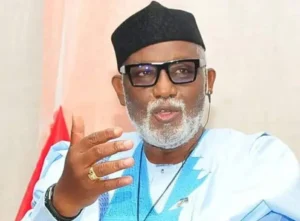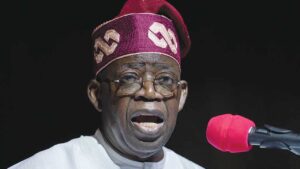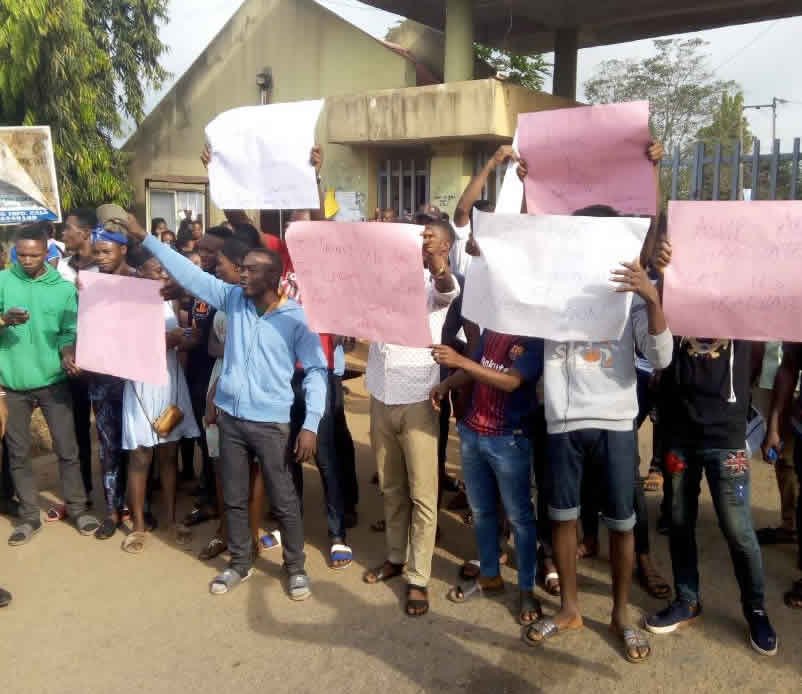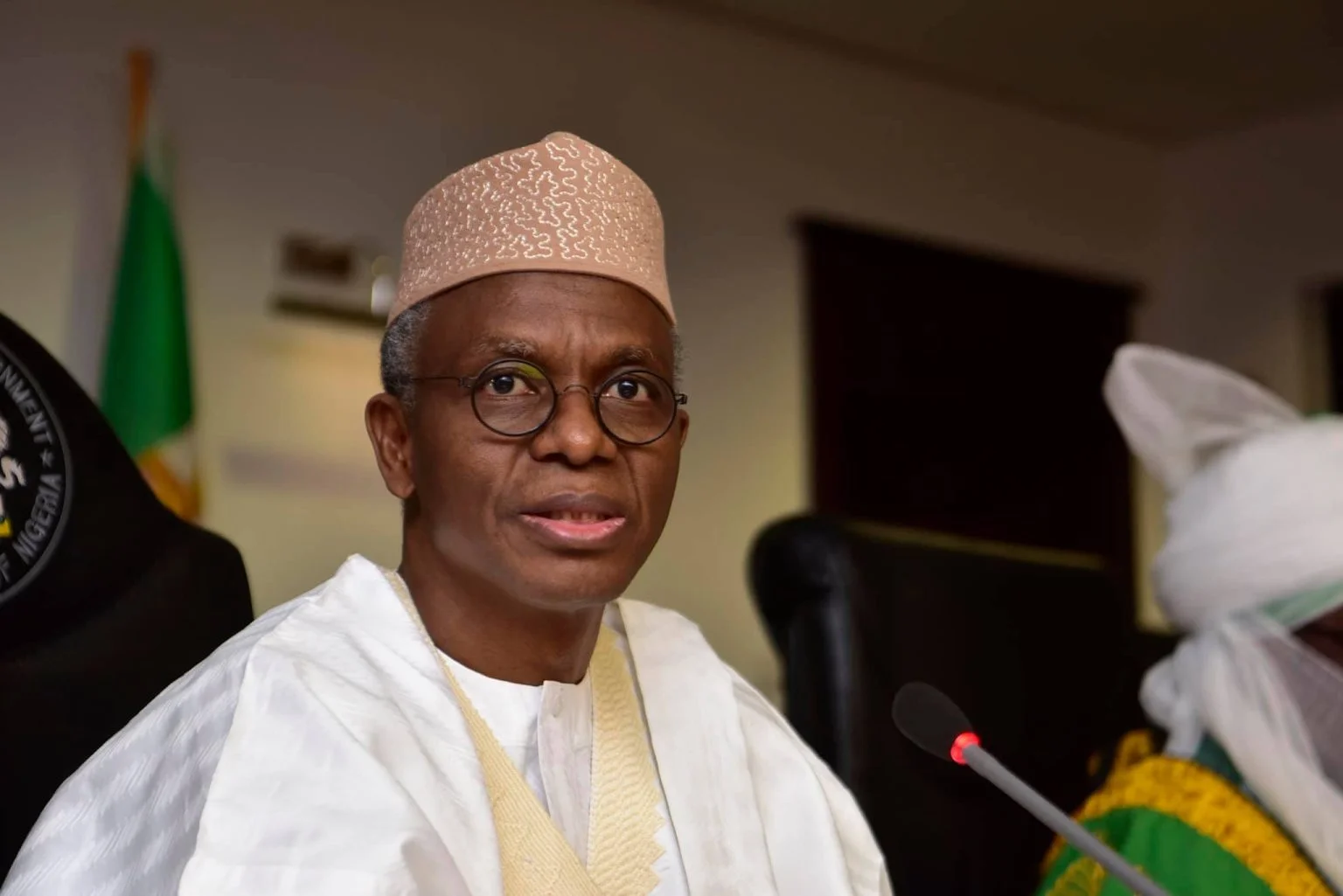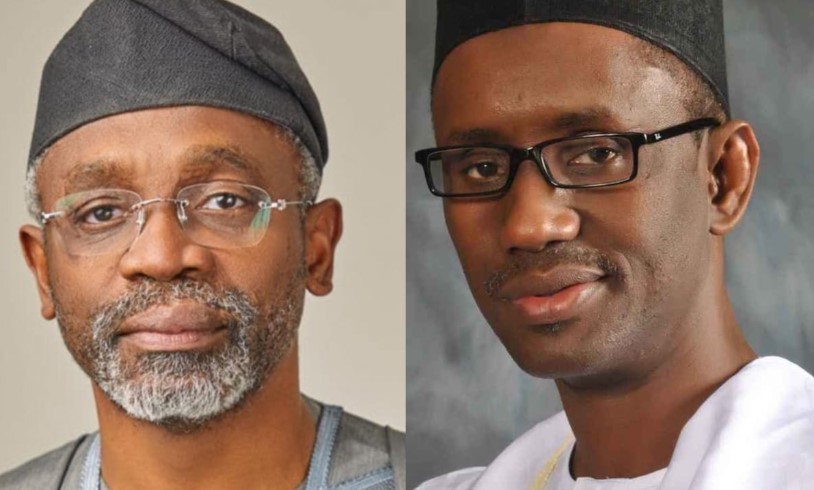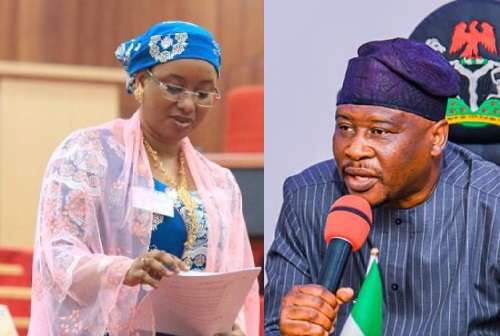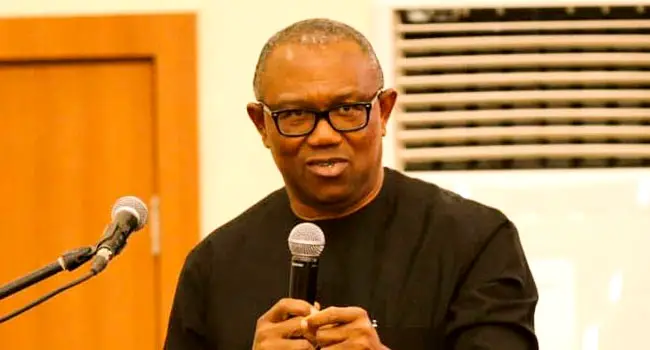Buhari’s Orphan and Tinubu’s Reform: The Battle for 2027 and Nigeria’s Future
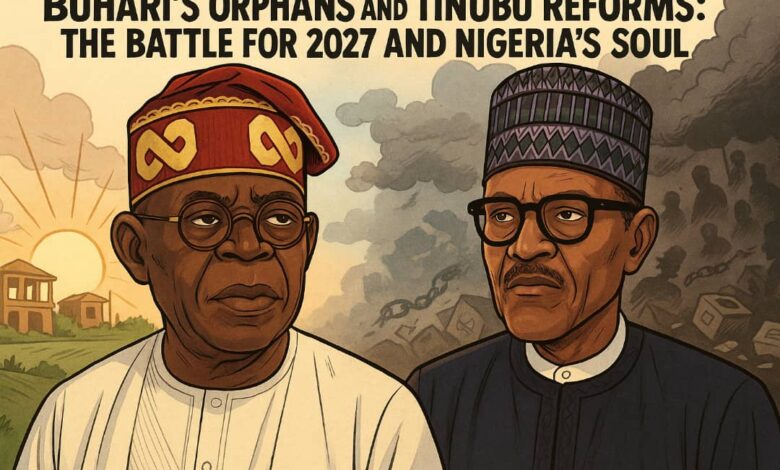
Nigeria just bids farewell to one of her finest but most controversial leaders, former President Muhammadu Buhari, who succumbed to the cold hands of death after a brief illness in a London Hospital on Sunday 13th July, 2025. His passing has plunged the nation into a mixed emotional vortex: grief, nostalgia, mockery, and unresolved resentment. A man once idolised in Northern Nigeria as a quasi-spiritual figure and moral compass is now being re-evaluated in the court of public opinion.
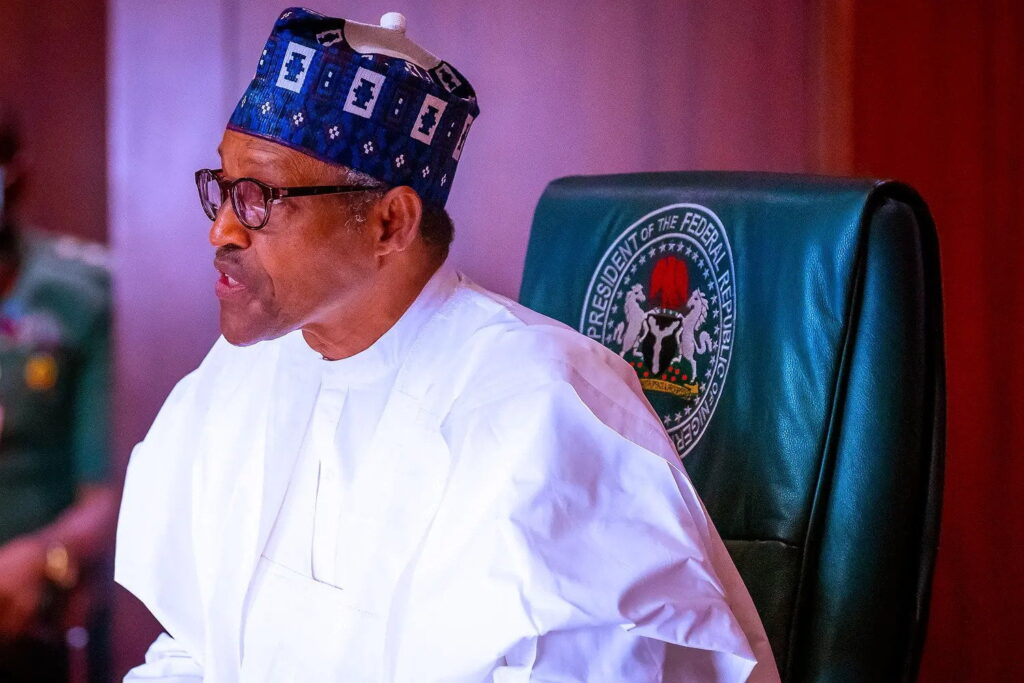
To his staunch followers, especially from the northern heartland, Buhari was a symbol of discipline and anti-corruption. To his critics, however, he would be remembered as the architect of missed opportunities, a leader who squandered Nigeria’s years of opportunities and presided over an administration marked by institutional decay, insecurity, and economic regression. The truth, perhaps, lies somewhere in between.
Nowhere is Buhari’s legacy more politically consequential than in the emerging realignments ahead of the 2027 general elections. For years, his “body language” determined who would rise or fall within the northern political space, the All Progressives Congress (APC) and Nigeria’s broader political arena. But with his demise, that unifying signal is likely to go silent—and in its place is a power vacuum.
This vacuum is already open to being exploited by the coalition of “Buhari Orphans”—former aides, ministers, and political acolytes who found sanctuary under Buhari’s expansive moral cloak. Many of them, once untouchable under the previous regime, now stand accused of gargantuan corruption, abuse of power, and subversion of due process. From the controversial tenure of ex-CBN Governor Godwin Emefiele, to the shadowy operations of a pliant Attorney General, Buhari’s era bred a culture of impunity disguised as integrity.
Some arrowheads within this group are clearly unsettled by the restructuring efforts of the current administration, increasingly viewing the process as a form of creative destruction that could strip them of patronage and deny their regions the flow of free monies they have long enjoyed. They have sworn to resist any restructuring that might lead to the devolution of powers to the states or regions. The North, in particular, has historically been resistant to constitutional restructuring that could usher in a parliamentary or regional system of government, and there is a palpable fear that this could be the ultimate objective of President Tinubu’s ongoing reforms.
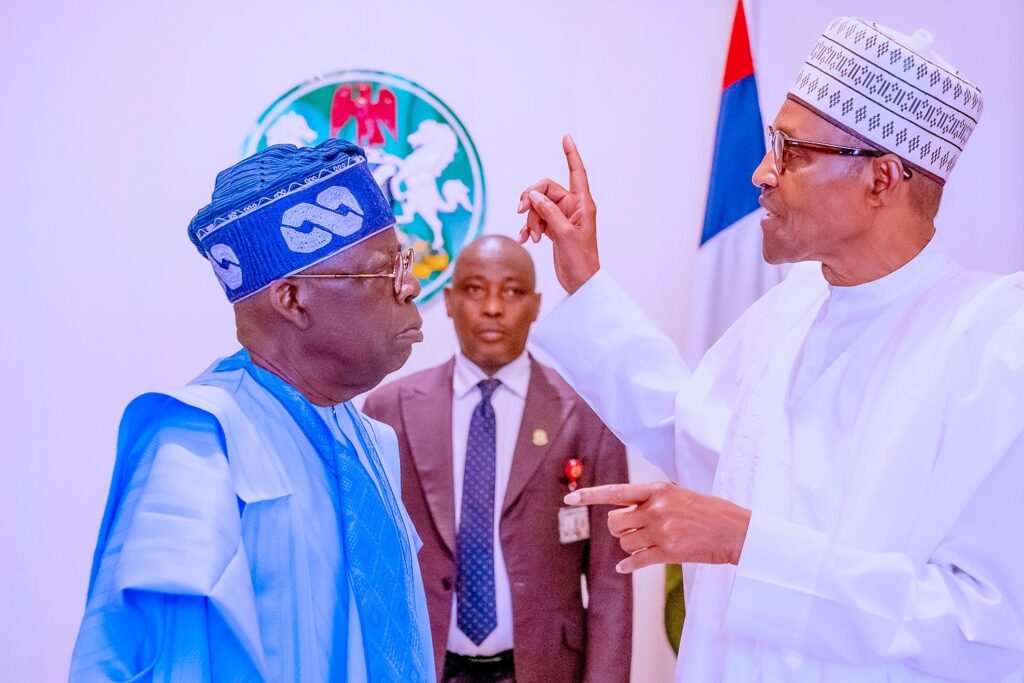
Yet, some of these same elements are now regrouping—not to answer for their misdeeds—but to launch a political coup against President Bola Ahmed Tinubu in 2027. Backed by disaffected elites like Mallam Nasir El-Rufai and Rauf Aregbesola, they aim to claw their way back to power, afraid that Tinubu’s reforms will finally unravel their legacy and expose the rot of the past.
But Tinubu is no novice.
Unlike his predecessors, he has dared to touch the sacred cows: scrapping the fuel subsidy, harmonizing taxes, launching subnational development commissions, and opening up new conversations on constitutional restructuring. While the pain of these reforms is real, their long-term benefits are just beginning to take shape. Economists, civil society leaders, and even some international development partners agree—Nigeria is finally moving in a direction that prioritizes structural change over political optics.
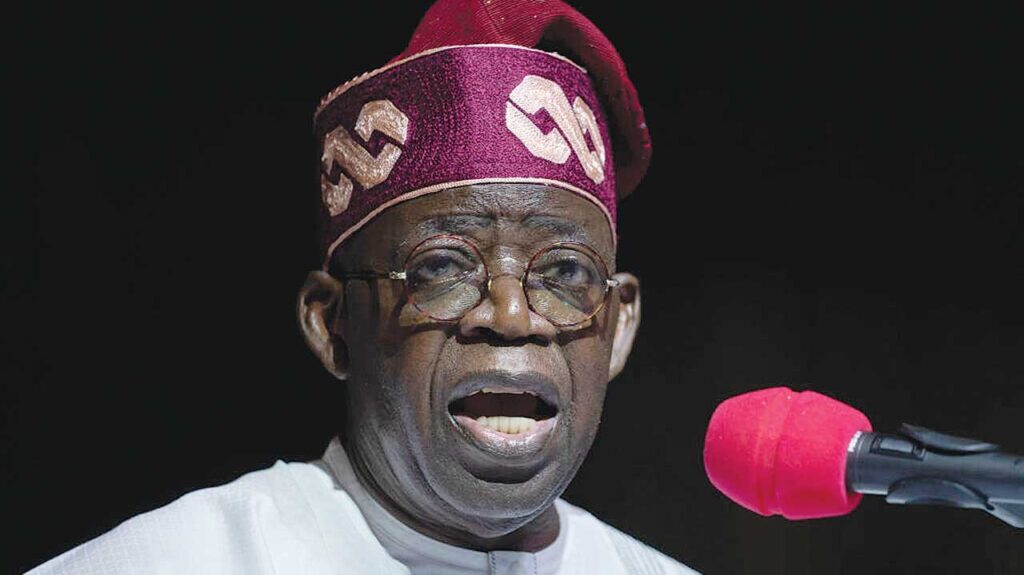
Indeed, Tinubu’s vision may culminate in a complete overhaul of Nigeria’s governance framework. The upcoming National Confab on Constitutional Reform, organized by The Patriots, is a bold step in this direction. With participation from Nigeria’s brightest across regions and disciplines, the confab (scheduled for July 15–16, 2025) aims to recommend a shift to the parliamentary system, a model many scholars and political theorists argue is better suited to Nigeria’s pluralistic realities.
Studies have long asserted the costly inefficiencies of the presidential system, its duplication of powers, bloated bureaucracy, and zero-sum winner-takes-all elections. In contrast, the parliamentary model, which Nigeria practiced during the First Republic, fosters coalition politics, grassroots accountability, and leaner governance. If this vision is realised through a plebiscite backed by the National Assembly, Nigeria could be on the brink of its most transformational moment since independence.
But for that to happen, President Tinubu must act decisively now. He must wield the big stick—not as vengeance, but as a moral imperative. The “Buhari orphans” must be held accountable. Their record books must be opened. Their financial sins must be laid bare before the Nigerian people. Not out of political vendetta, but to reaffirm the rule of law and restore public trust.
At the same time, Tinubu must consolidate alliances across the South and Middle Belt, energise the youth base through transparency, and amplify the vision of a restructured Nigeria. If he fails to secure a second term, the seeds of reform sown today may never blossom. The hope of over 250 million Nigerians, waiting anxiously for better days, may be hanging in the balance.
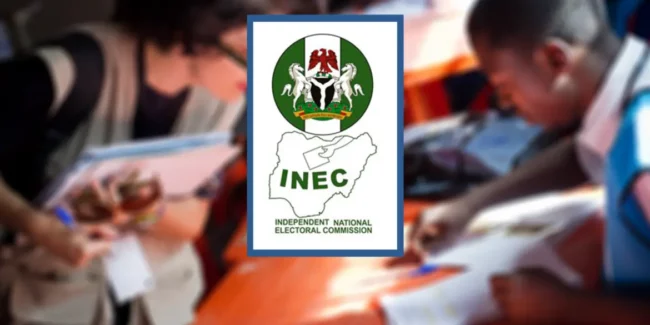
Let it be clear, 2027 is more than an election. It is a referendum on Nigeria’s soul. Will we return to the shadows of corruption disguised in populist clothing, or will we march toward a brighter, restructured future?
Nigerians must decide. Tinubu must act. And the orphans of Buhari must be told: the era of impunity is over.
–Victor Alade is the Author of Richer with Character, From #Endsars to #Regional Government and War of the Landlords. He writes from Ibedoyin, Iyin, Ekiti State.
Edited by: Raufu, Musliyu (Editor-in-Chief, News Flash Media Services)
| Join our new WhatsApp community! Click this link to receive your daily dose of NEWS FLASH content. We also treat our community members to special offers, promotions, and adverts from us and our partners. If you don’t like our community, you can check out any time you like. |


